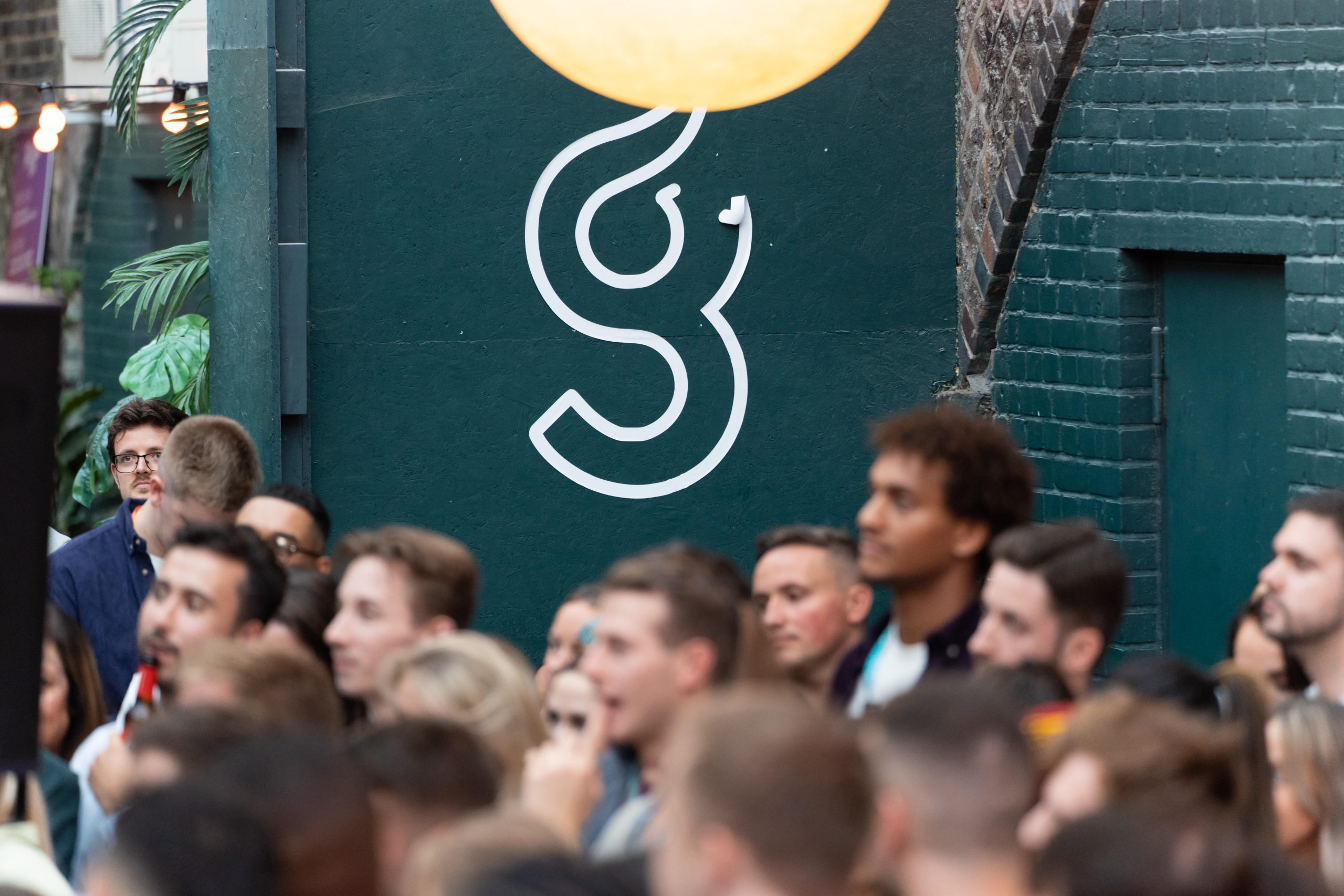
Grayce talk Movember and mental health on International Men’s Day 2019
Grayce Analysts Oliver Orchant, Andrew Frain and James Williamson share why they choose to support Movember.
This November at Grayce, we’ve formed a group of hirsute heroes in a battle against the smooth top lip to take part in Movember. Movember is about taking action to change the face of men’s health. 76% of suicides are by men and suicide is the biggest cause of death for men under 35. We’re taking part in Movember to raise funds for our partner charity, Maytree.
Maytree fills a gap between NHS’ medical support and the helplines of the voluntary sector by offering a 4-night/5-day stay in their London sanctuary for those in suicidal crisis. A person can find themselves in suicidal crisis for a number of reasons, but the deterioration of one’s mental health is always part of the root cause.
What does Movember mean to us?
James: I decided to take part in Movember to encourage an open, honest discussion about our mental health. Most of us have friends or family affected by anxiety or depression. Many of us will experience periods of mental illness in our lifetime - but it’s not always easy to identify. When feeling depressed or anxious people often isolate themselves from social interactions and withdraw from support systems, so it can be challenging to initiate discussion.
Depression is often accompanied by feelings of shame and inadequacy, so many don’t feel comfortable letting loved ones know of their struggle. If you suspect that someone is suffering in silence, the best thing to do is reach out. Telling someone that you care, letting someone know that you're there for them, or making yourself available to help when things get tough can be enough to lighten someone's load.
Andrew: When the chance to join the Grayce Movember initiative sprang up, I was immediately keen to get involved. Since having been exposed first-hand to the effects that mental health can have on a co-worker in my first job out of university, and feeling quite powerless to help them work through their symptoms, I've been actively looking for ways to spread awareness and education about mental health. This initiative provides a fantastic platform to do this as through our Grayce team alone, we are spreading the message across multiple large businesses where we are currently based. We are raising funds for Maytree who are looking to establish a presence in the North West. I do wonder if such a service was available four years ago in the region, then perhaps my co-worker may have been better equipped to overcome their struggles.
Whilst the awareness of mental health and the support services available is of course important for all people, I wanted to touch upon why men, in my opinion, are a group at risk. Much of my experience with my own mental health feels very ‘generic’, having played team sports since I could walk, I have shared locker rooms, meeting rooms and team buses with hundreds of different characters, so these spaces are the source of most of my experience. There appears to be an unspoken rule that, while on and off the field, you would go to extraordinary lengths to make life as easy as possible for your team mates. So it’s then inappropriate for you to burden them with your own struggles. If I had to delve into why this happens, I’d say it stems from an active desire to avoid showing weakness and be seen as a strong and unflappable character that your team mates can count on, capable of stopping ‘your thing’ from impacting the ‘team thing’. I believe this can, in many cases, be extrapolated to any area of life, be it with family, friends or at work.
I think the quickest wins on men’s mental health is to get proper education and coaching in schools from an early age. Many of a person’s social interactions are shaped in the classrooms and playgrounds of schools so this, in my opinion, is where we can begin. For men my own age, I believe that the onus has to be on having conversations. Sometimes it just takes one person in a group to show a bit of vulnerability to allow all of the group to feel more comfortable.
Oliver: Not having a person to open up to, not having someone ask (sincerely) how you’re doing, not feeling valued or like you have a place in society can often lead to mental distress. The stigma around having these thoughts, let alone sharing them, is a huge problem faced by our society.
Low self-esteem can be enhanced by other people’s achievements that we so often see lauded on social media. This can be a powder keg for individuals doubting their self-worth. Indeed, success is so visible every day, but real struggles are not.
One reason I’m taking part in Movember is to raise money for an amazing charity, Maytree. The other is to reach out to those still reading this (those I have captivated…and my mum!); go and ask a friend how they really are. Failing that, if you think this would be met with a dismissive response, let them know that you’re there for them if ever they need an outlet. You never know the real impact this could have!
Before the stigma around speaking out about mental health struggles is removed, we know that initiatives like Movember and charities such as Maytree are absolutely vital to ensure men’s wellbeing. We would really appreciate it if you could donate whatever you're able to at the link below. The Maytree Respite Centre runs entirely on donations, so every penny counts!
You can also take a look at the resources below for more information about mental health and tips on how to support someone who is struggling with their mental health.
https://www.verywellmind.com/what-to-say-when-someone-is-depressed-1067474
https://www.time-to-change.org.uk/about-mental-health/types-problems/depression




